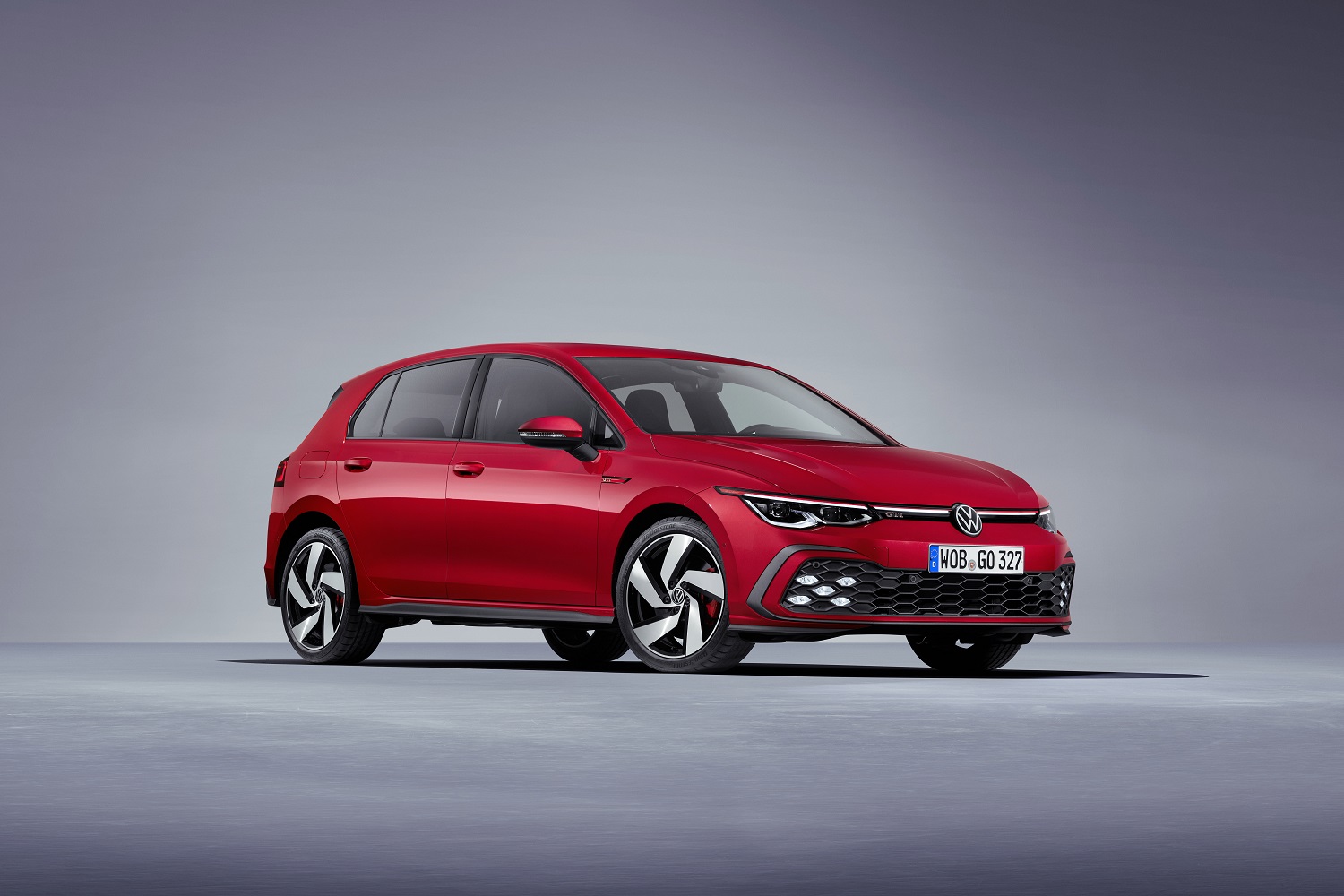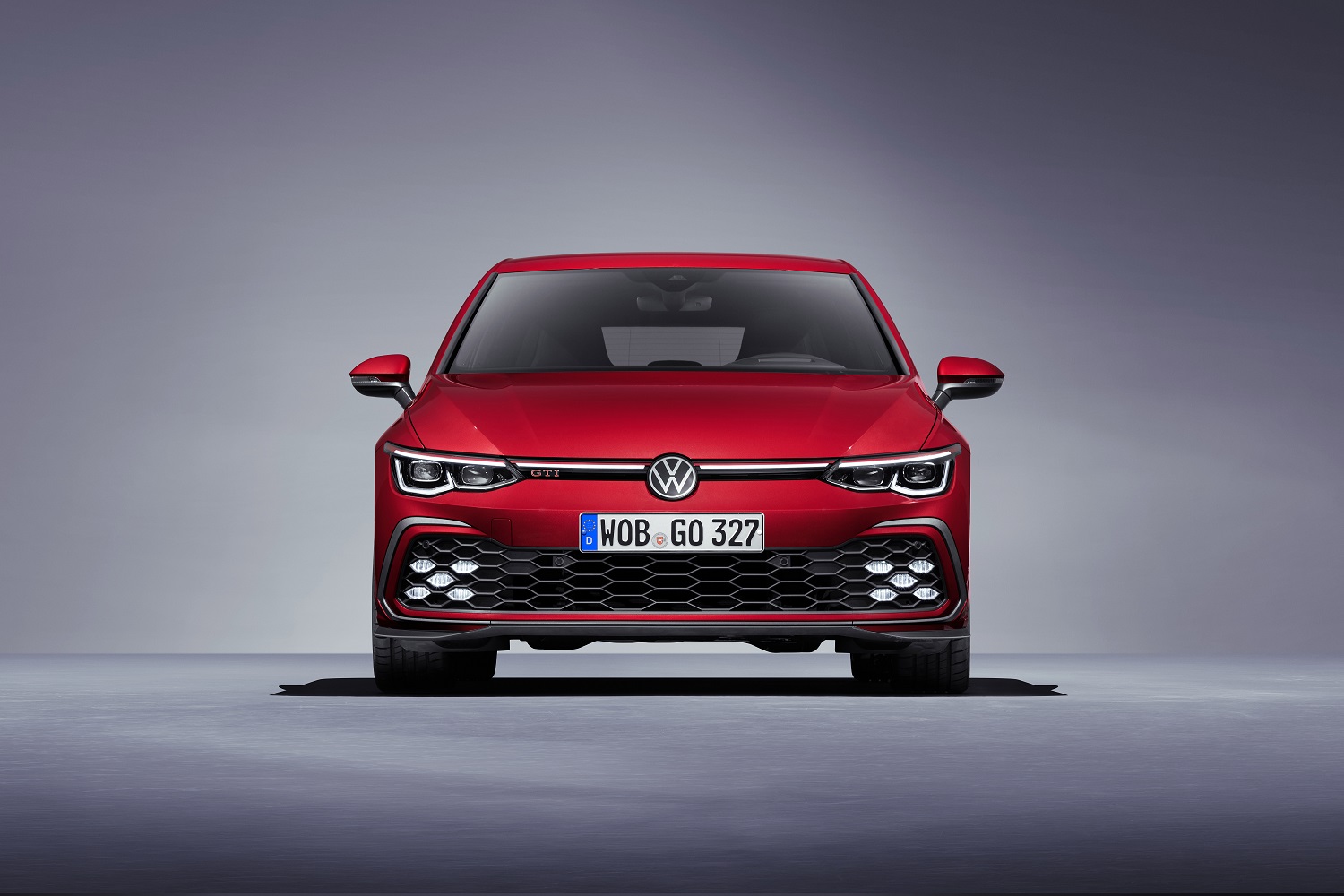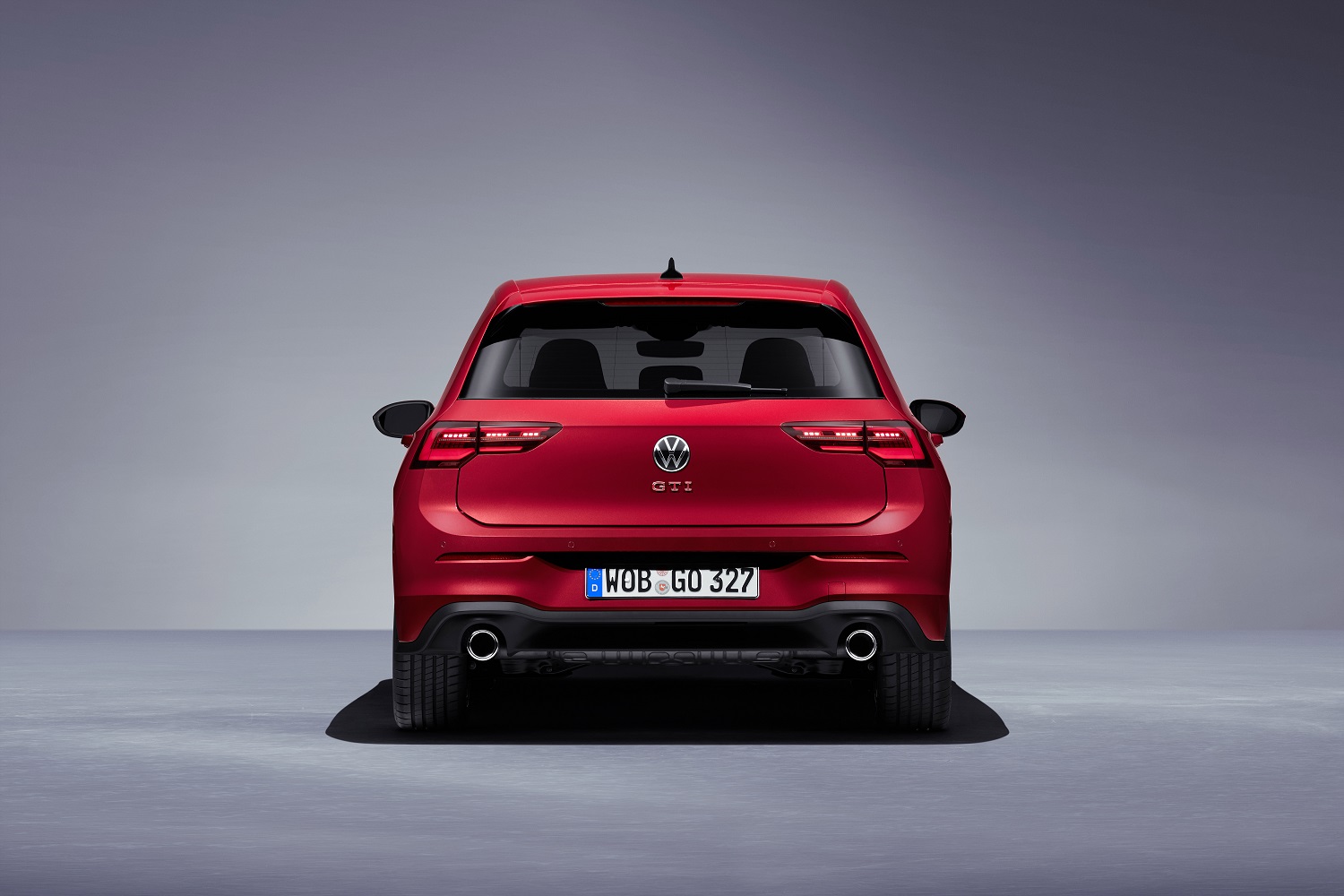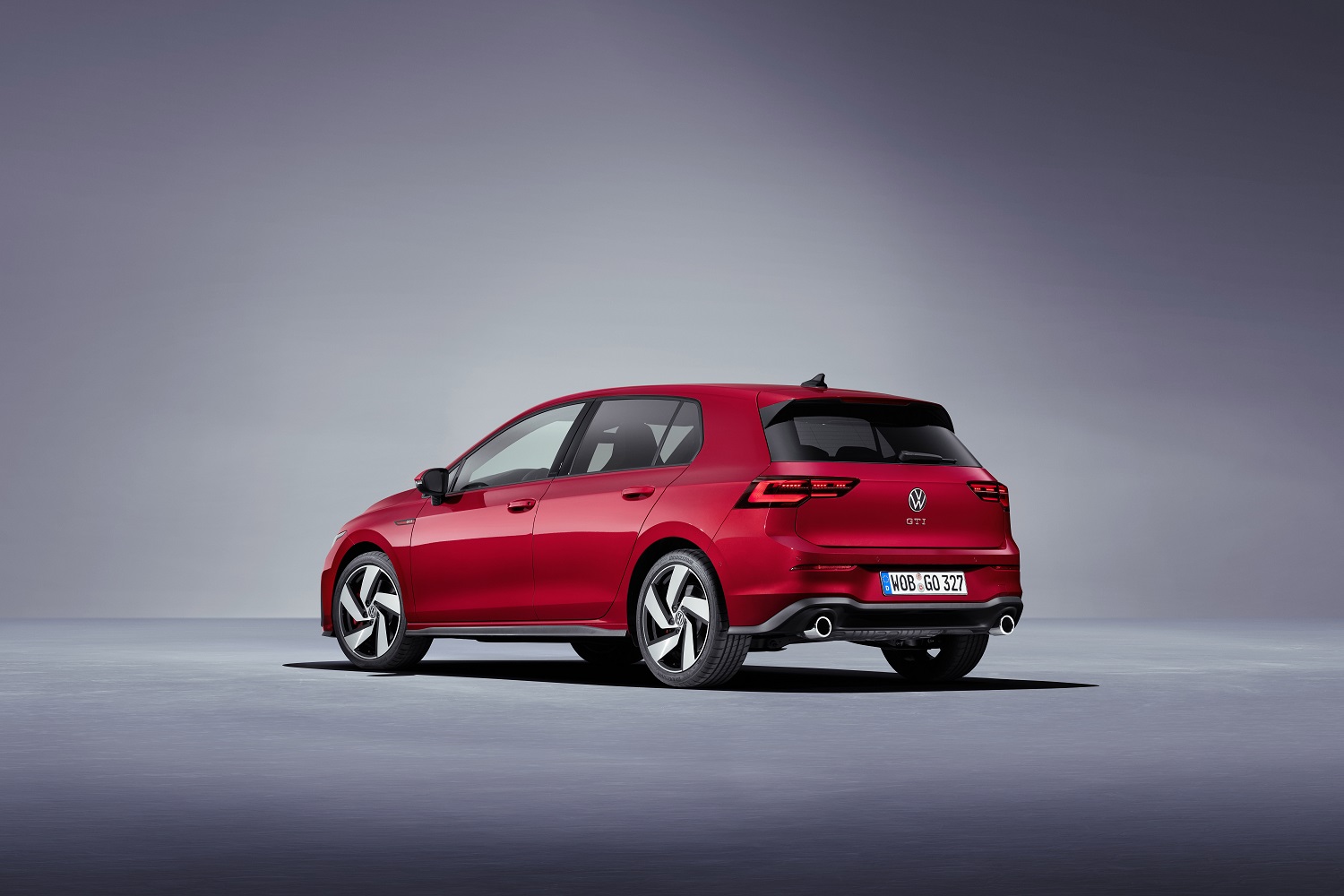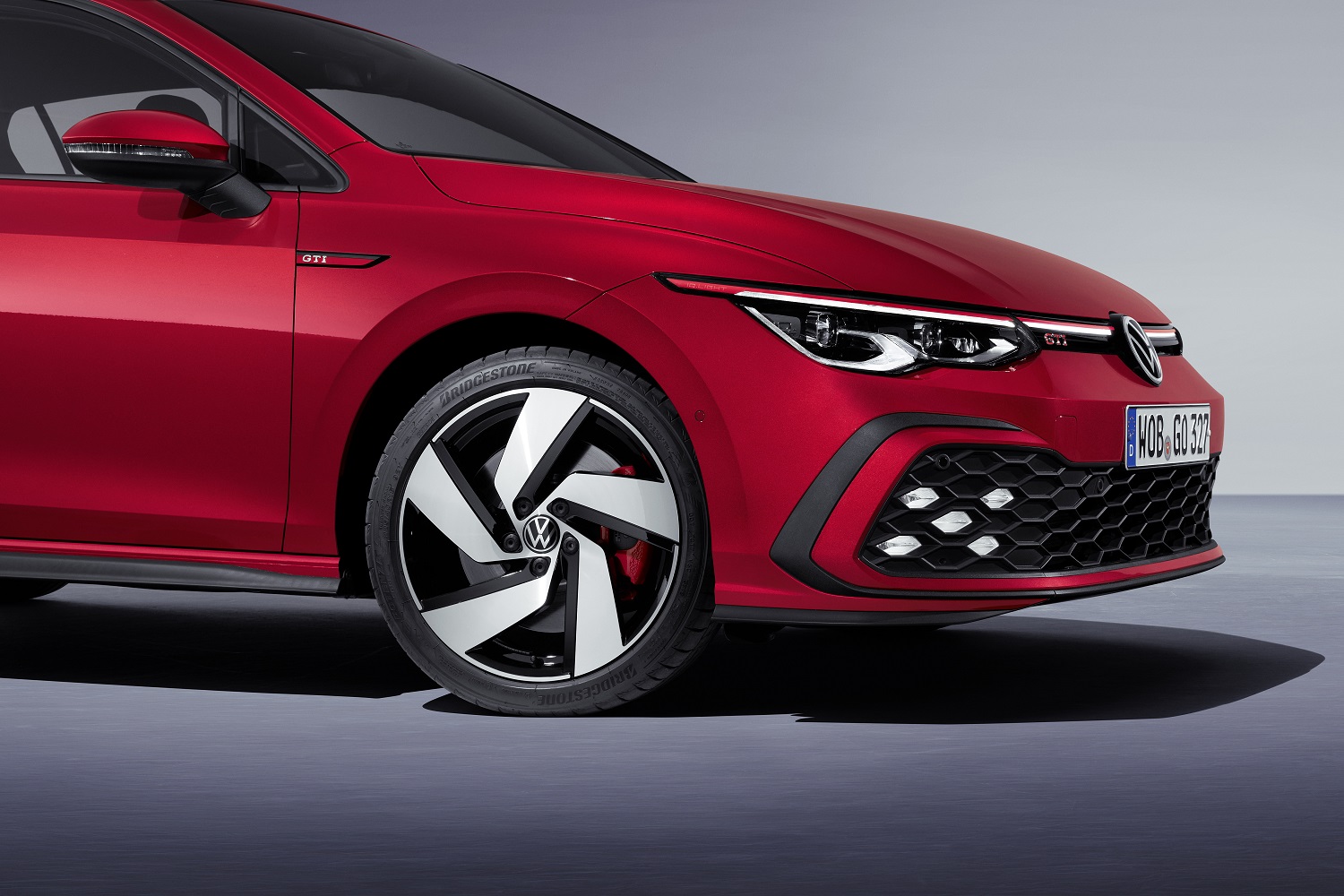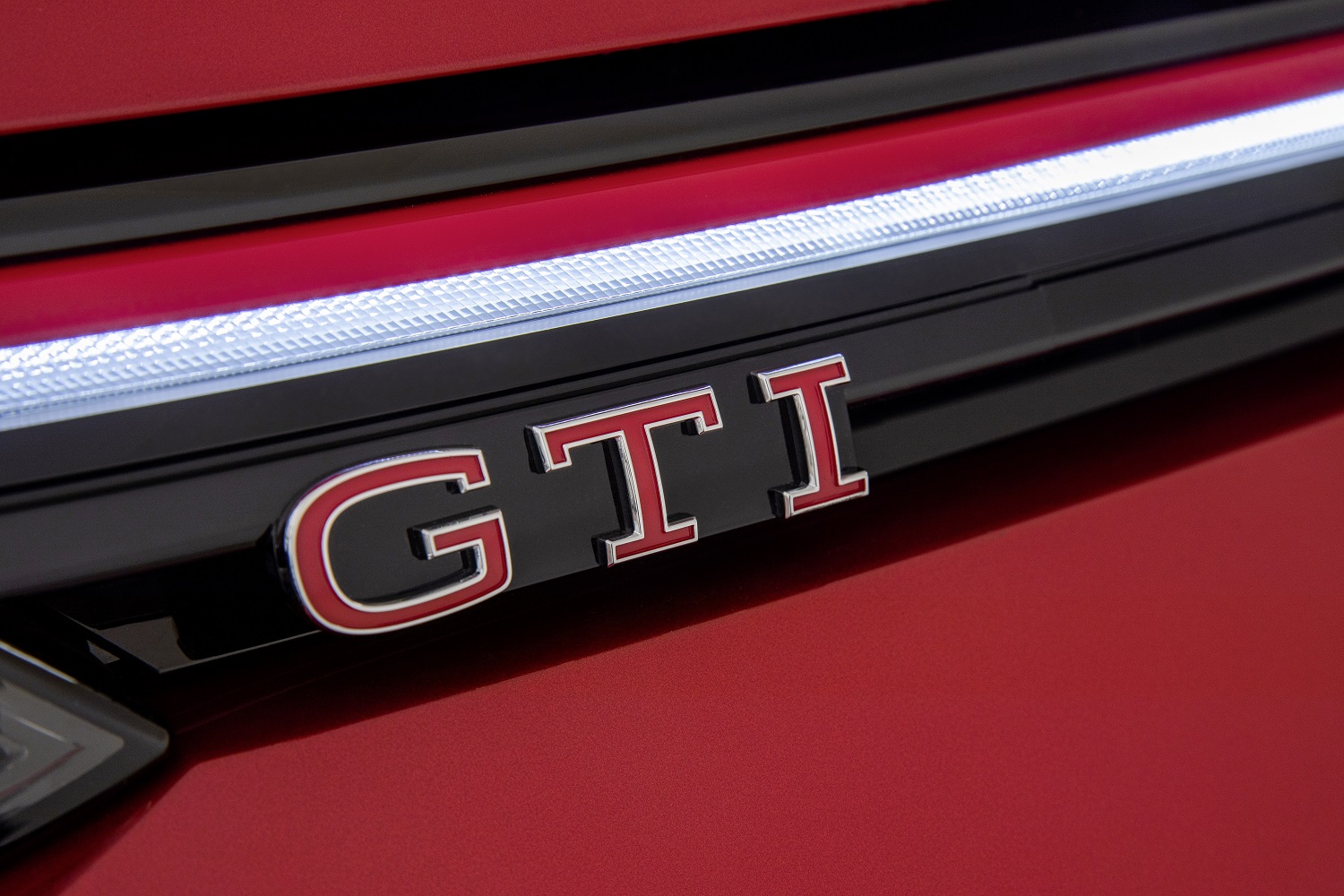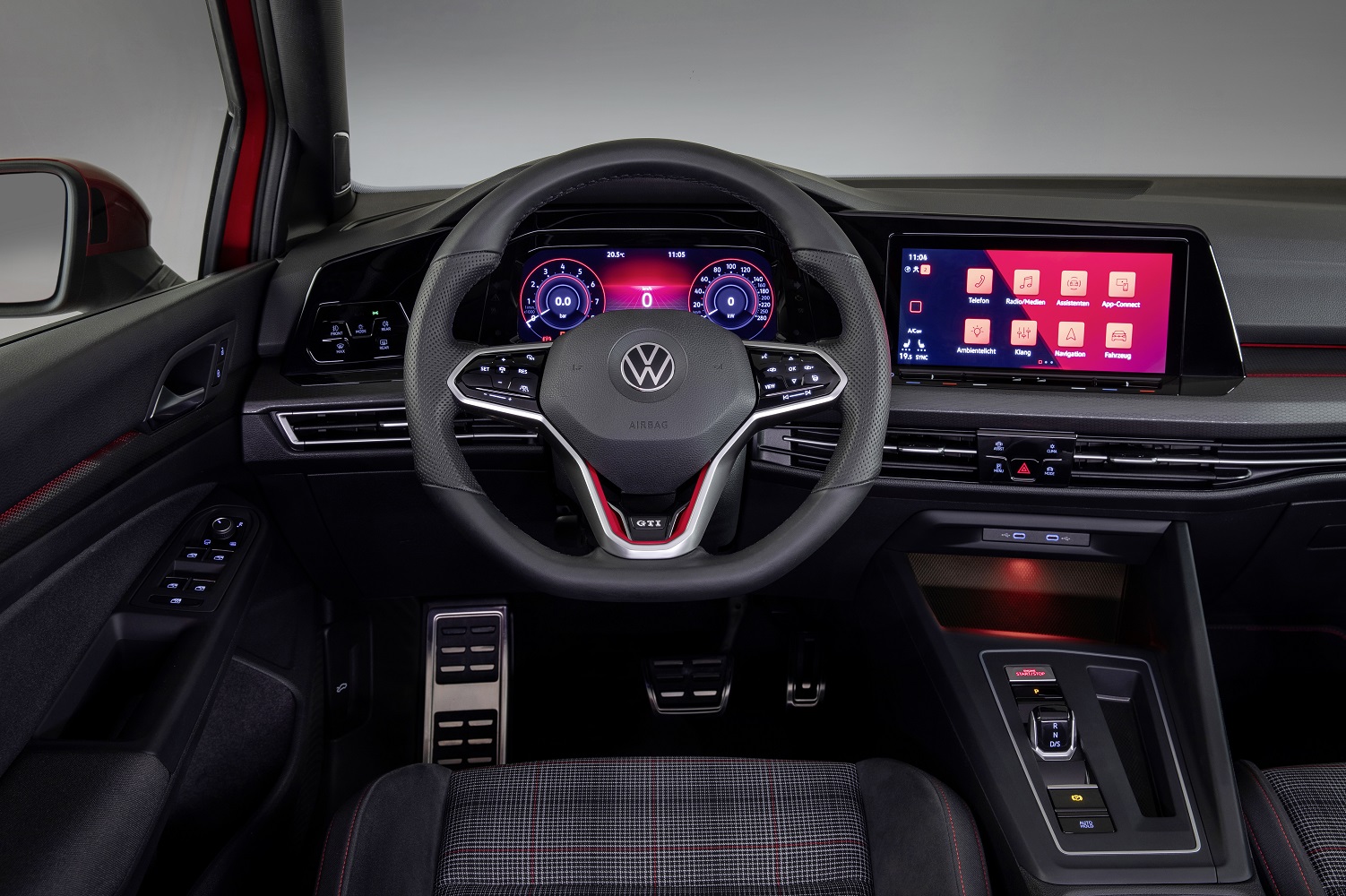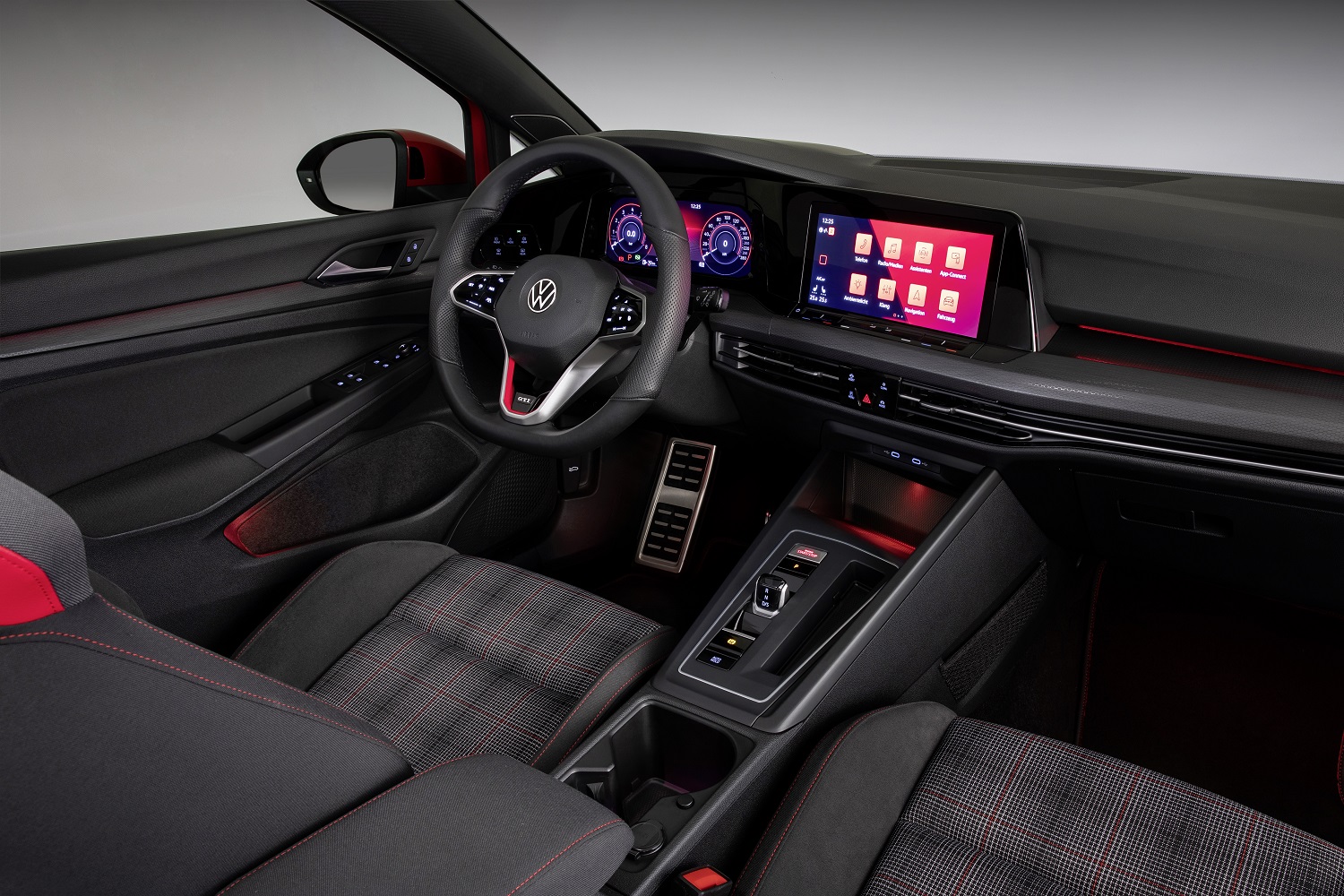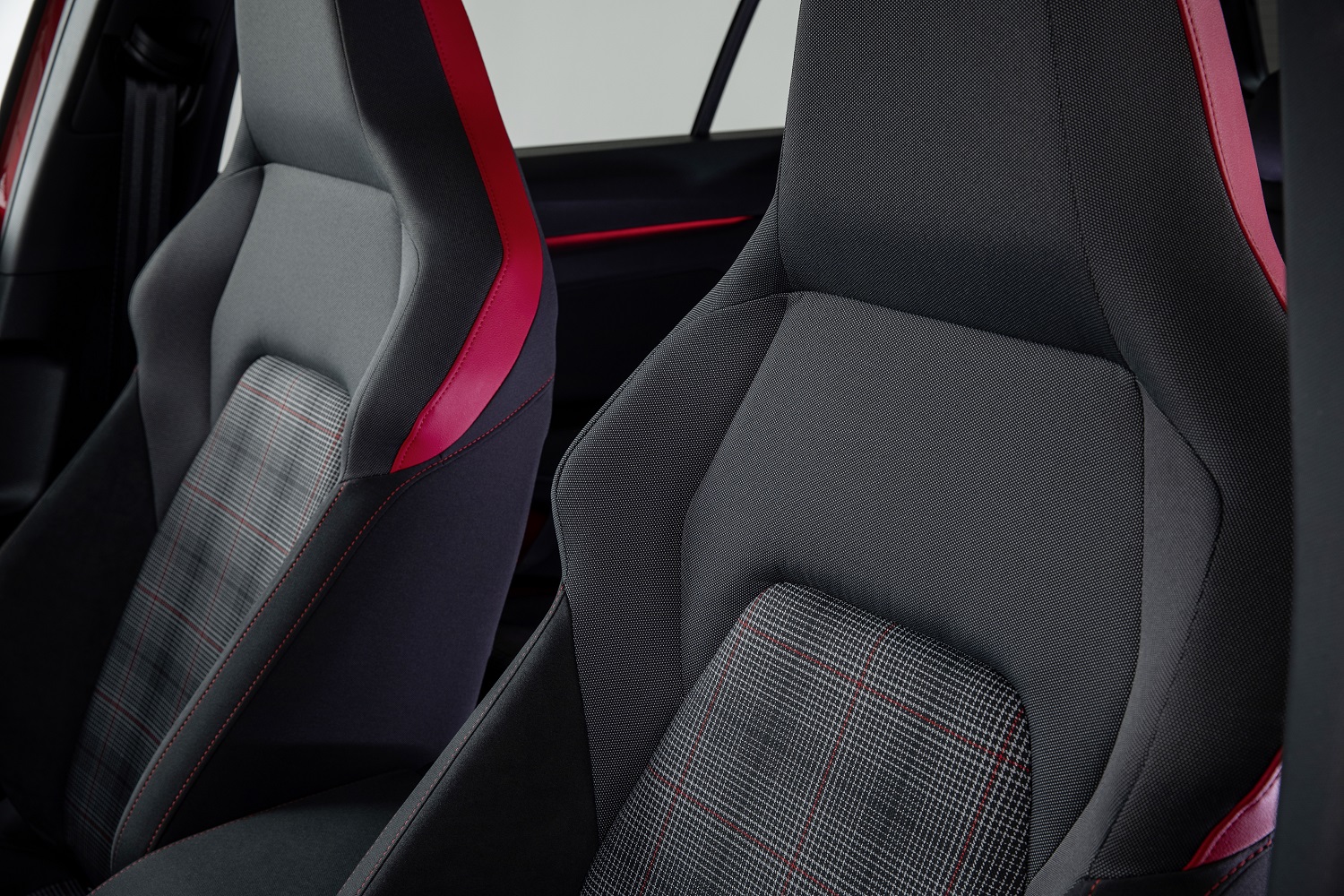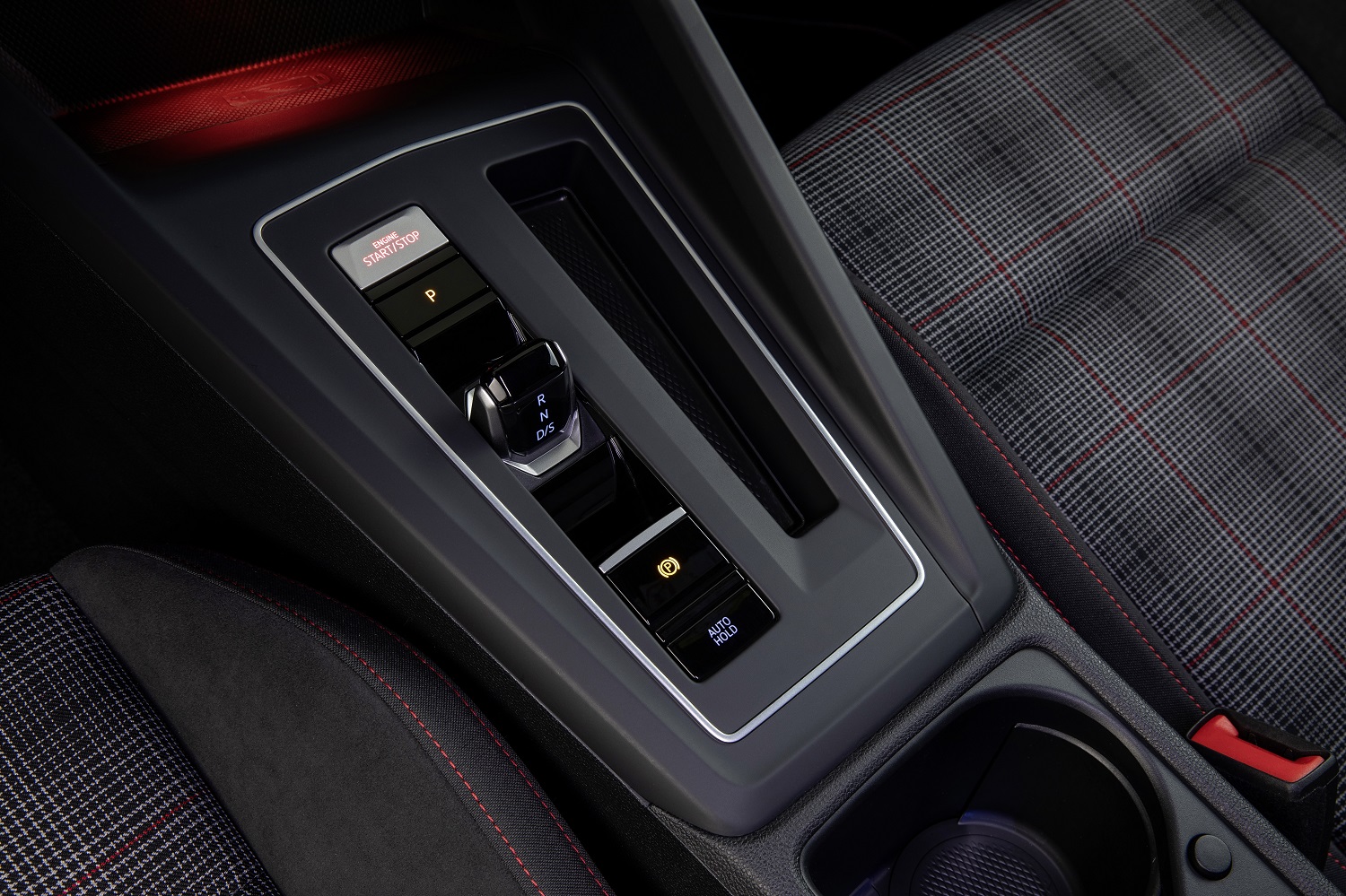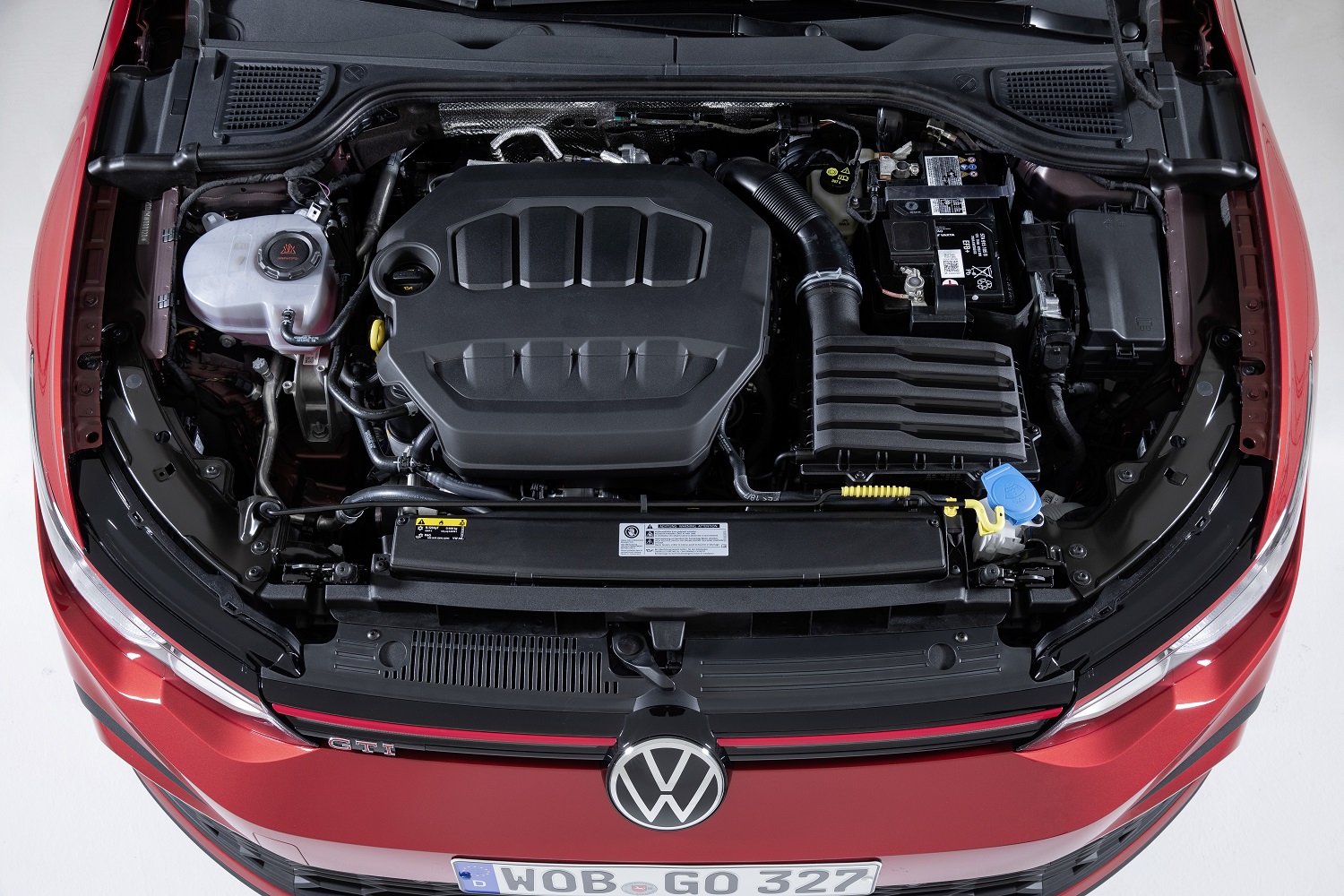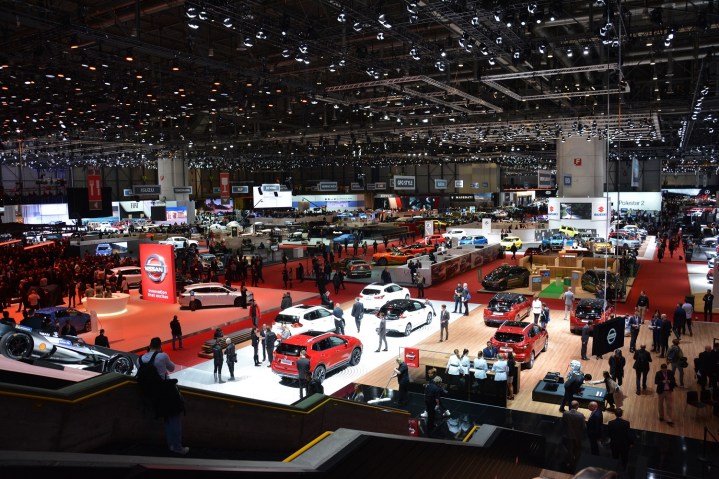
It should’ve started today. Instead, the 2020 Geneva Auto Show is no more.
Swiss officials shut down the event three days before it was scheduled to open its doors to select members of the media, due to fears about the fast-spreading coronavirus. However, this dramatic about-face isn’t just a one-time hiccup. It could spell the end of auto shows as we know them.
The show must go online
Maurice Turrettini, the show’s president, explained that postponing the event wasn’t an option, because there is far too much planning involved. And most automakers planning to introduce a car at Geneva wouldn’t be able to wait. The timeline of a car launch is calculated with near-scientific precision. A model unveiled in March will end up in the hands of journalists during the summer or the fall, and arrive in showrooms by the end of the year. Holding the Geneva show in July, for example, would delay the process. Automakers can’t afford that.
What incentive will car companies have to return to the Geneva auto show in 2021?
The show must go on, but now it’s online. Car companies are live-streaming the press conferences they planned to hold in Geneva on various digital platforms, including YouTube, and a few brand-specific networks like AudiMedia TV and MercedesMe.
If everything goes according to plan, and companies receive the coverage they expected to see at the show without the burden of going to it, what incentive will they have to return in 2021?
Auto shows were already weak
The auto show as we know it isn’t doing well. Detroit was forced to move its event to June to avoid overlapping with the Consumer Electronics Show (CES), and Frankfurt, Germany, unceremoniously lost its spot on the 2021 calendar.
Car companies started to lose in these once-glittering events over the 2010s because they’re horrifically expensive (Car & Driver pegs the cost of participating in a show like Geneva in the vicinity of $10 million) and time-consuming. Shows also pit rivals against each other in a bitter competition for the media’s limited attention.

Ford, Jaguar, Land Rover, Opel, Peugeot, and Volvo are among the companies that weren’t planning on attending Geneva even before coronavirus escaped China. The organizers planned to install an awesome, 1,500-foot indoor race track highlighting ostensibly green cars to fill empty space.
To compound the problem, the Geneva show sank at a time all automakers, regardless of niche, are trying to save as much money as possible. Tightening emissions standards across the world have put car companies under unprecedented pressure to design hybrid and electric powertrains, often from scratch, at the same time they’re attempting to develop semi-autonomous systems to ward off the tech companies nipping at their heels.
Auto makers need to save money
All the money they’re not spending on shipping cars across continents, building booths, printing brochures and press kits, hosting media, and doling out vegan burgers, can go straight to much-needed research and development.
Or, it can help them weather the upcoming storm. Mercedes-Benz parent company Daimler is in the process of slashing at least 10,000 jobs by 2022, Volkswagen’s racing arm stopped developing piston-powered race cars, and the next generation of Ford’s hot-rodded Focus RS hatchback is in limbo unless engineers find a way to make it a fuel-sipping hybrid. Volkswagen plans to invest at least 60 billion euros (nearly $67 billion) into digital services and electrified powertrains during the first half of the 2020s. That’s close to the GDP of Luxembourg.
The cost of electrification is rarely made public, but a look at the recent tie-ups in the industry speaks volumes. Jaguar – Land Rover and BMW, Rivian and Ford, Peugeot and Fiat, Hyundai – Kia and Rimac … the list goes on. Even arch rivals Daimler and BMW recently teamed up to split costs or and offset an investment. Viewed in this light, it’s not surprising that saving a few million dollars annually by not going to an auto show looks appealing.
From my perspective, and I speak for many of my colleagues, watching a press conference from the comfort of my office isn’t as productive as being on the ground. As much as I like the idea of not leaving my cats, my cars, and my wife alone for nearly a week, I can’t check out new models in person (I was looking forward to the eighth-generation Volkswagen Golf GTI shown above), and it’s far more difficult to gain insight from the engineers, the designers, and the executives who created them when working remotely.
Normally, when I’m not taking live images and videos, I’m behind the scenes in interviews and round-table discussions. In-person interaction is not possible via streaming, and time will tell how much of an effect the online-only model has on a brand’s ability to tell its story.
The digital version of the Geneva auto show begins on March 3, 2020. Auto makers will be paying close attention. If the results look positive, Geneva (and other auto shows) will be in serious trouble.
Editors' Recommendations
- New York International Auto Show canceled for 2020
- Did the world’s biggest tech show propel U.S. coronavirus infections?
- Game companies scramble to make new plans after coronavirus cancels E3
- BMW’s electric Concept i4 has two words for Tesla’s Model 3: Watch out
- Geneva Motor Show canceled due to coronavirus outbreak


